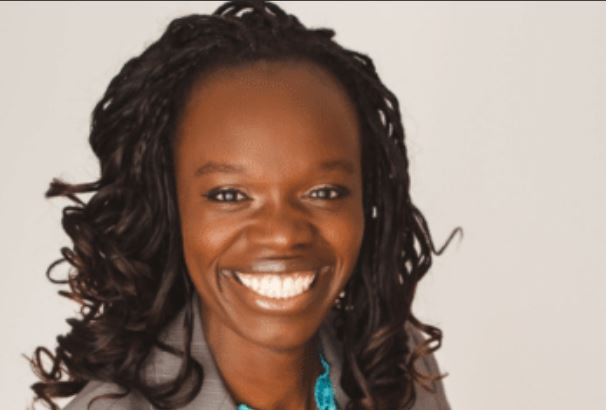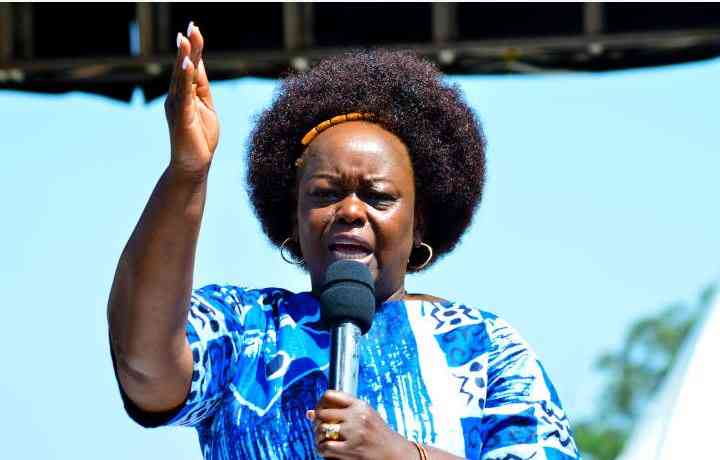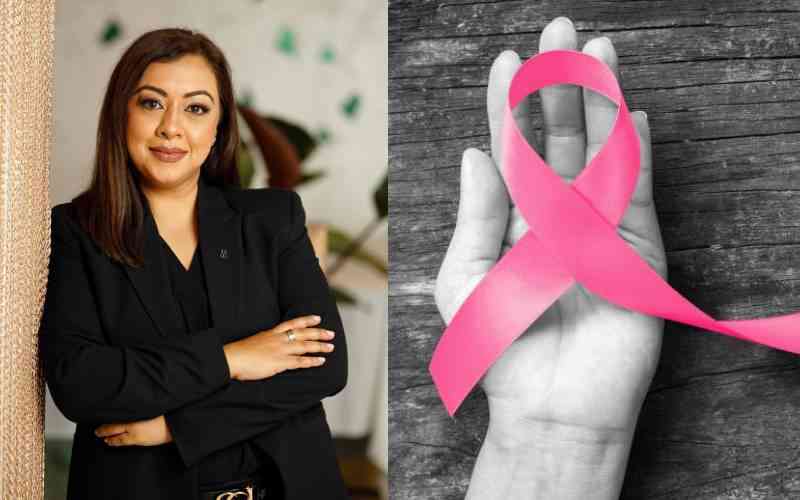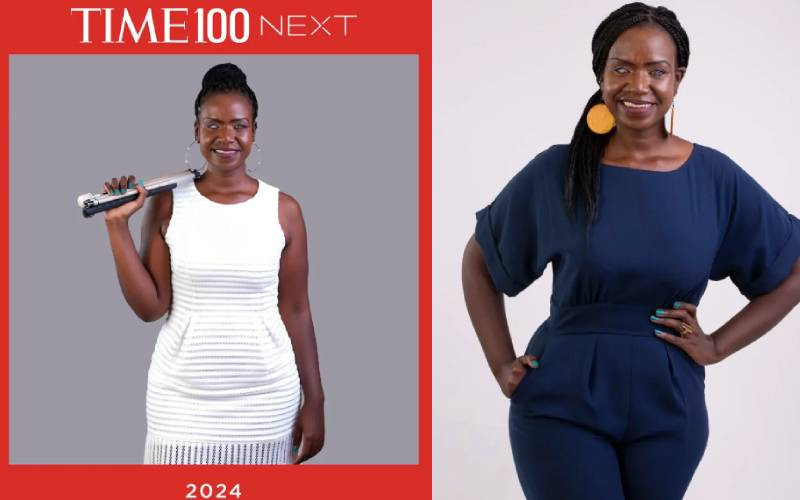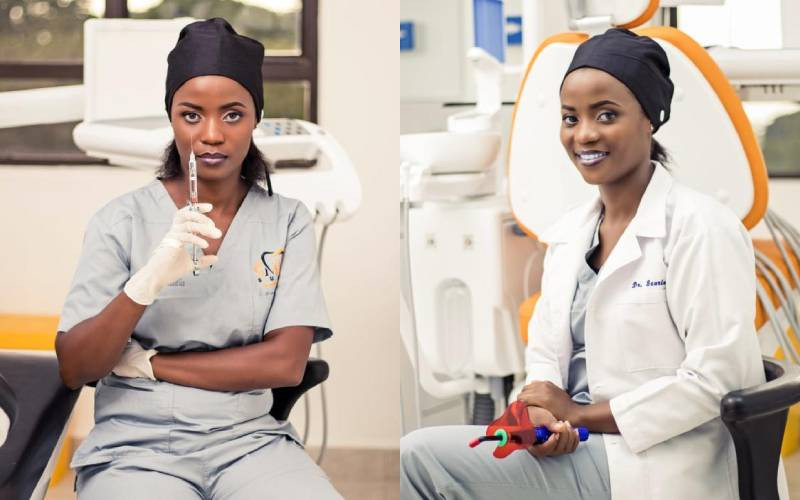
Outside her home in Gachie, Kiambu County, a 30-year-old woman stares into space.
But she has no regrets as she is where she loves to be most: conducting advocacy against alcoholism.
And Winnie Wambui Wanjiru has come long way. While in primary school, she often met drunk men and women in her village.
Some drunkards would utter vulgar words, which remained riveted in her until now.
Speaking to the Sunday Standard, she says her mother brought her up single-handedly while struggling to make ends meet after her parents separated when she was five years old – that instilled perseverance and determination in her to transform lives.
Although she was young, Wambui recalls clearly how alcohol forced her parents to separate.
And in 2012, she made an obtuse thought – to start a private foundation to combat alcoholism. But due to lack of money and the inept understanding of the new venture, she shelved the idea. Despite this, she still had dreams to actualise it one day.
One day in 2014 as she was coming from work, she spotted a group of people conversing from a distance with some smoke billowing nearby.
“I moved closer and found bodies of six young men suspected to be thugs had been torched. I felt bad and tried to talk to residents about doing something else like mentorship so that we don’t see such incidents but they dismissed me,” she recalls.
Gachie, an urban village on the outskirts of Nairobi had over the years gained the unenviable reputation of being a hotbed of all manner of criminal activities but is now reforming.
Wambui also lost her two schoolmates to crime. She says after the death of Matheri in 2007, it appears his gang members were on a revenge mission. Crime levels rose in virtually every corner of the county. She blames the high level of crime at that time to lack of role models and follow-up, especially on the boy child after Form Four. Many young boys ended formed small groups after feeling neglected, where they shared their experiences and peer pressure influence also crept in.
Old couple
That’s when she decided to look for ways to engage the many jobless local youths.
“I first rolled out a mentorship programme then a skills empowerment, which leads to self-reliance. That is how Angaza Africa Foundation was mooted in August 2014,” says Wambui.
She is the foundation’s director. She got an old three-bedroom house that belonged to an old couple that had died.
With little experience but only armed with mentorship skills, she started the NGO.
The first intake enrolled 100 people, mostly youths.
“I started by inviting clergies and policemen,” she says.
She later introduced catering and beauty courses. At that time, she owned a company that offers cleaning services where she recruits jobless youths to clean the city-bound mini-buses.
The proceeds, she says, she uses to run the foundation, which now had two volunteer teachers: one for beauty and a hairdresser.
In 2015, the admission number doubled. She faced financial challenges to manage such a huge number without proper financial support. She contemplated shutting the organisation. The students volunteered and brought utensils like sufurias, jikos among others for training.
However, lady luck smiled at her one day when a friend visited and was amazed by her noble course.
“He sought to find out my mission and after narrating my struggle and challenges with the foundation, he told me about Youth Empowered for Success (YES) program, which is run by Mercy Corps but funded by The Coca-Cola Africa Foundation’s (TCCAF). He introduced me to a manager at Mercy Corps, who visited to know more about the foundation," she adds
First graduation
"Days later, my friend came with the programme director and we got hairdressing, catering and beauty equipment."
The first graduation was held in 2015 with 300 students. The foundation now offers computer courses, communication and a six-month certificate training in employability. The courses are for free.
“The foundation is my life, many people ask me why I do it while others claim that I am seeking a political position in future but I tell them no. If I was doing this for publicity, I would be everywhere on social media and looking for interviews on TVs to talk about Angaza,” she says.
Wambui would like to partner with the government to use the many facilities that she says are idle to open more branches to empower youths in all counties.
Would you get plastic surgery? The Standard Group Plc is a multi-media organization with investments in media platforms spanning newspaper print
operations, television, radio broadcasting, digital and online services. The Standard Group is recognized as a
leading multi-media house in Kenya with a key influence in matters of national and international interest.
The Standard Group Plc is a multi-media organization with investments in media platforms spanning newspaper print
operations, television, radio broadcasting, digital and online services. The Standard Group is recognized as a
leading multi-media house in Kenya with a key influence in matters of national and international interest.


